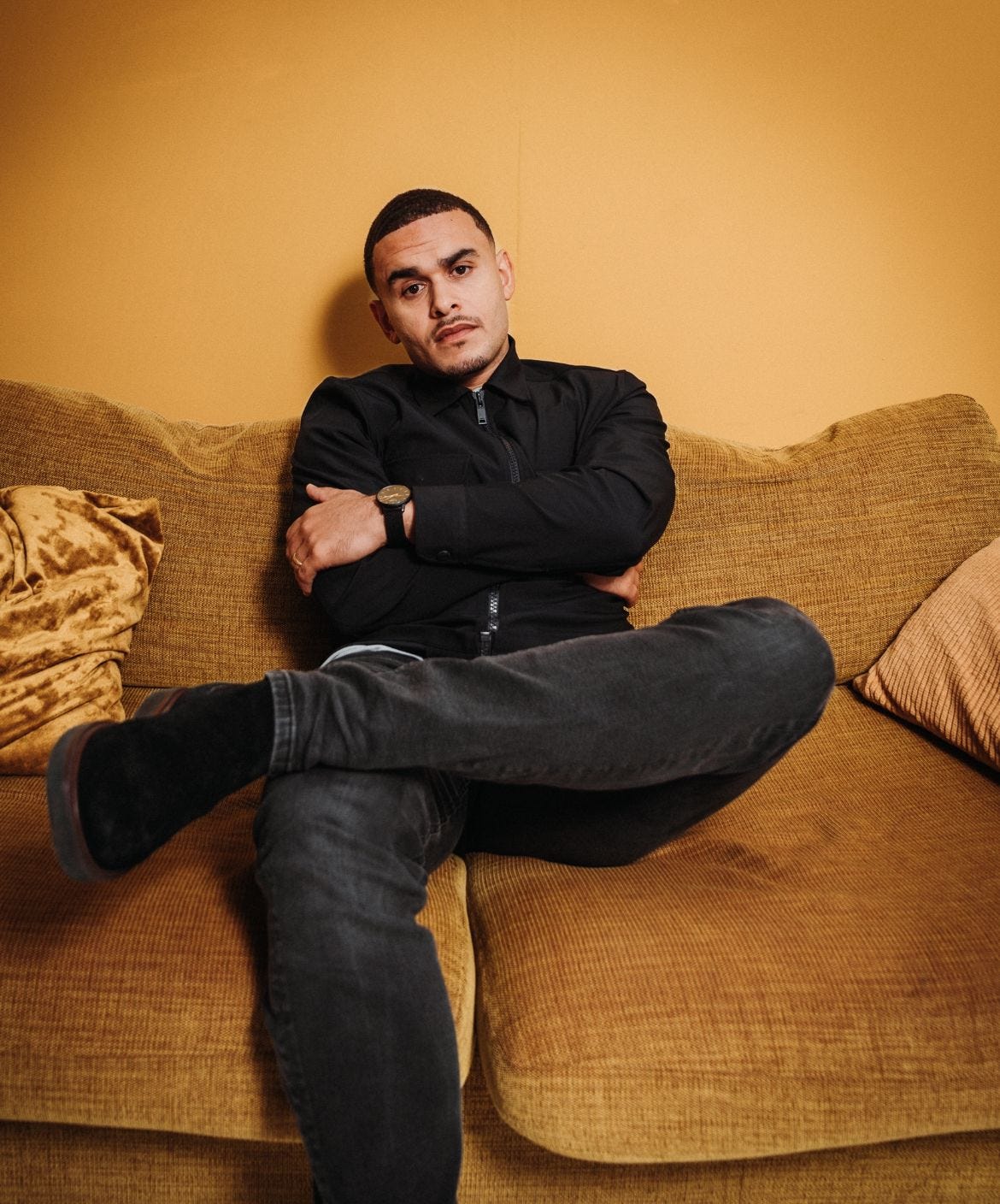Ashley John-Baptiste: “Being around racial diversity within Blackness was great for me”
The presenter and author on cultural identities, navigating whiteness and assimilation as a survival instinct
Hi, welcome back to Mixed Messages! This week I’m speaking to presenter and author Ashley John-Baptiste, who is of mixed Dominican and white British heritage. Ashley’s debut memoir, Looked After, chronicles his time in the care system, exploring how Ashley, a boy who once needed a wake up call to get to school each day, became a successful broadcaster, …


